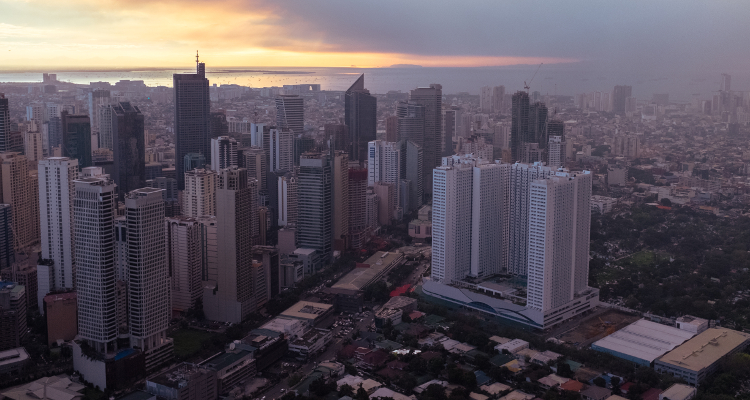In the Philippines, lawmakers reportedly look set to require the nation’s land-based casinos to observe more stringent anti-money laundering rules following last year’s alleged laundering of funds electronically stolen from account holders at Bangladesh Bank.
The state-run Bangladesh Bank had the cash electronically pilfered from the Federal Reserve Bank Of New York in February of 2016 before around $81 million of this money was routed through the Rizal Commercial Banking Corporation and disappeared via at least two Manila casinos.
According to a report from The Philippine Star newspaper, the House Of Representatives Of The Philippines is now considering legislation that would include the nation’s land-based, online and shipboard casinos in the list of bodies under the Anti-Money Laundering Act Of 2001 that are required to report suspicious transactions to the Anti-Money Laundering Council.
Ben Evardone, who represents the Eastern Samar constituency, is leading an official committee into the matter and reportedly told the newspaper that his body had “agreed in principle to endorse the inclusion of casinos in the law”.
“We have tasked a small group to consolidate three related bills,” Evardone told The Philippine Star. “The only issue that remains to be resolved has to do with the threshold amount that would trigger the filing of a suspicion transaction report with the Anti-Money Laundering Council.”
Evardone explained that one proposal would set this reporting limit at about $10,000, which is the level currently required of banks and insurance companies, while a second would see casinos only required to flag amounts over approximately $100,000. As a comparison, Macau’s threshold is set at $62,570 although the United States Department Of State has urged the former Portuguese enclave to reduce this ceiling to around $3,000 in order to “bring it in line with international standards”.
The Liberal Party representative told the newspaper that the House Of Representatives Of The Philippines is hoping the move will “protect the gaming industry from illegal activities so it can grow and attract more gamers and investors”.
If passed as currently written, the legislation would moreover include “chip-washing and junket operators” in the Anti-Money Laundering Act Of 2001 and these would be defined as “any person who brings a person, a group of persons or junket players in the casino premises to participate in the gaming operations”.
Representative Josephine Sato of Mindoro Occidental has sponsored the measure containing the $10,000 limit and she told The Philippine Star that the Bangladesh Bank incident had “exposed the vulnerability of [Philippine casinos] to illegal activities” and that there is a need to amend the law in order to “protect our casinos from money laundering by crime syndicates”.


